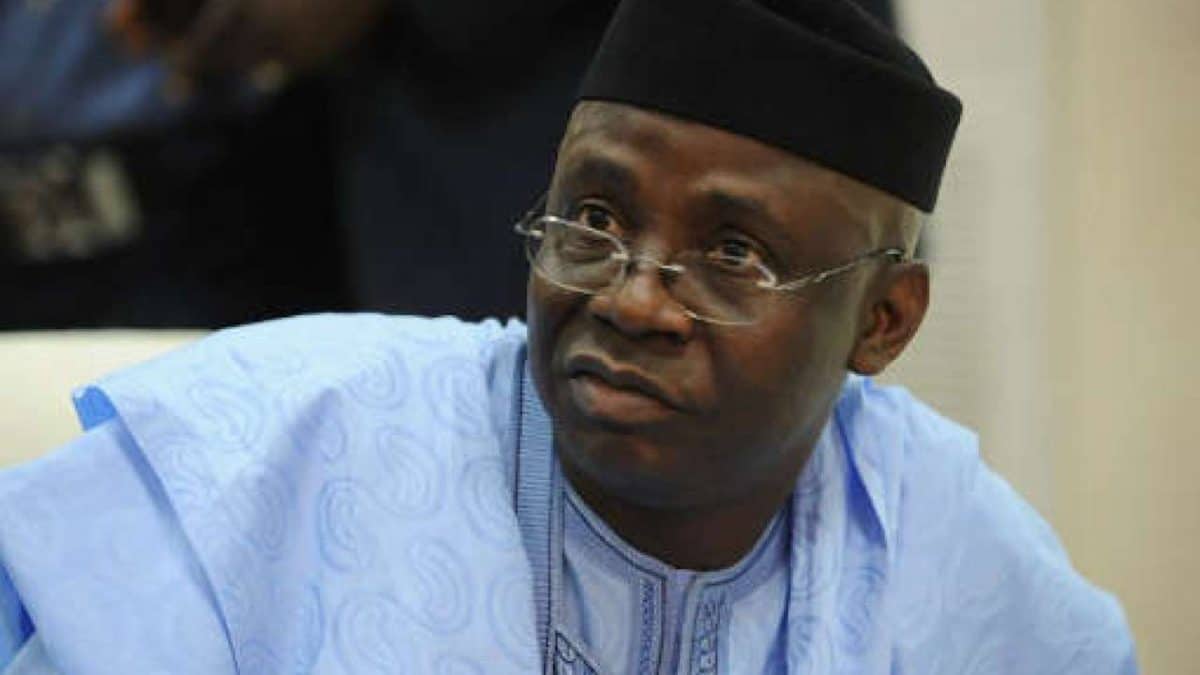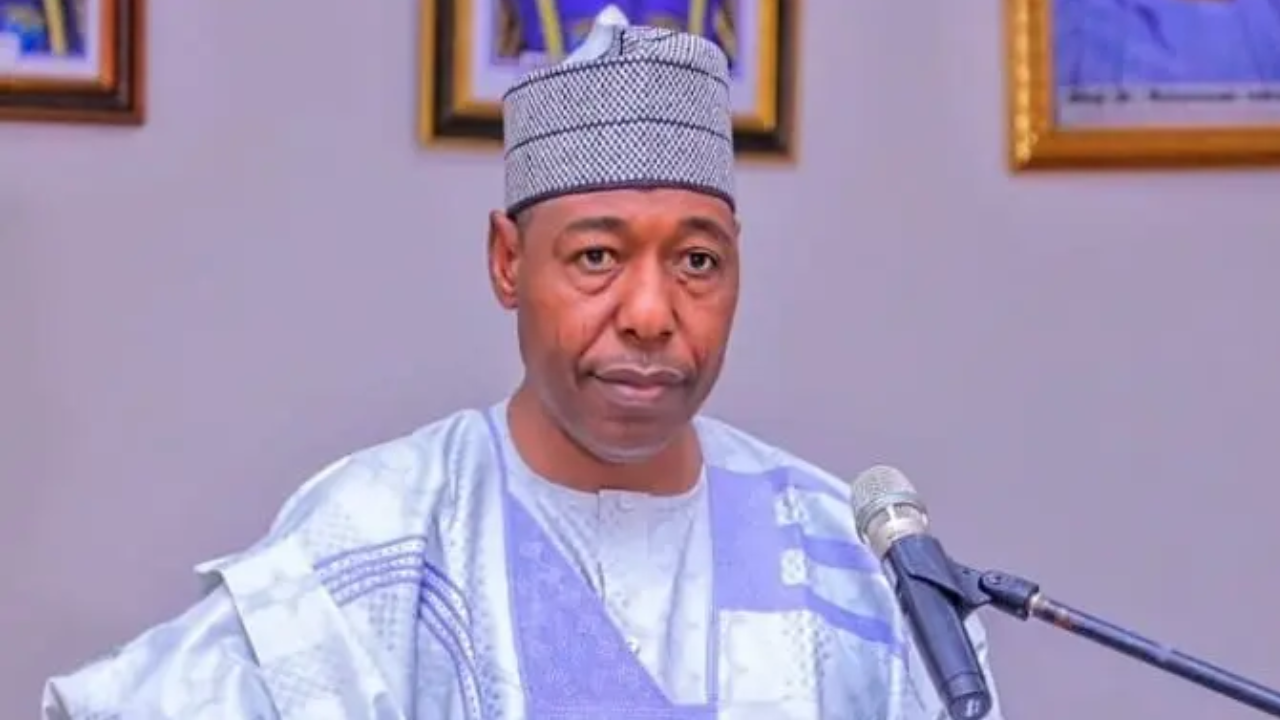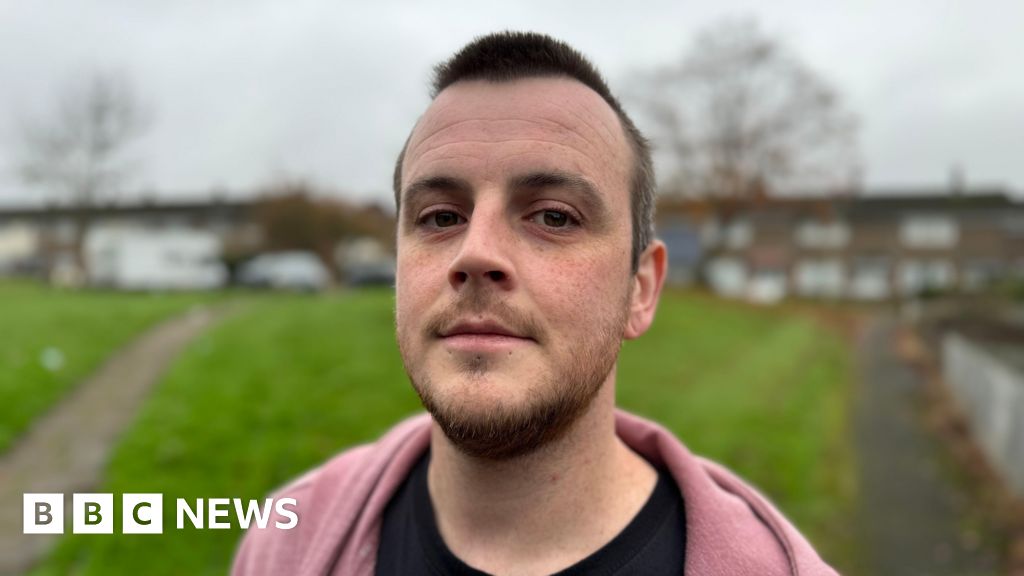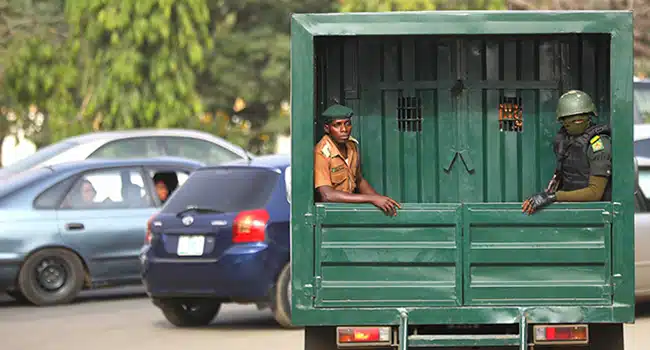Today I bring to you Professor G.G. Darah’s recollection/glowing tribute to Funsho Aiyejina, a great scholar and poet of our clime, who passed on in the Caribbean recently as I mentioned last Friday. Of course, Professor Olu Obafemi did his very touching tale about our scholar in the diaspora last week. Now GG Darah’s heart’s enters the other side of what we didn’t know but now must know about our late gem. He goes well in peace perfect peace.
FUNSHO Aiyejina belongs to the generation of the Nigerian literati who believed that literature and the arts could heal the wounds of a nation where things had fallen apart. This utopian imagination was cradled in the hearths of academic institutions in the immediate aftermath of the 1967-1970 Nigerian Civil War. Many of the questers for this “paradise regained” nestled in the University of Ife in the cultural heartland of the Yoruba country of Nigeria. Funsho’s was a resonant voice in this forest of a thousand radicals and dreamers. Many of us whose hearts were burnished in the furnace of post-war experience nestled at Ife from the 1970s.
Born in the hill-festooned community of Ososo north of the famous Benin civilisation, Funso had the advantage of a multi-lingual and liberal upbringing. Ife was the ideal ambience to nurture dissident and iconoclastic thought and humanism. Wole Soyinka, the veritable Kongi of this community of alternative thinkers led the pack in drama, theatre and African languages. With him were Kole Omotoso, Yemi Ogunbiyi, Akinwunmi Isola, Olasope Oyelaran, Karin Barber (British) and Eileen Wilson (African American, in Educstion).
The Literature department had Biodun Jeyifo, Ropo Sekoni, Funsho Aiyejina, Adebayo Williams, and G. G. Darah who subscribed to the Marxist credo of literature for revolutionary change. Desmond Hamlet (Caribbean) Benedict Ibitokun, (Republic of Benin) and Robert Frost (USA) were our global partners. Oyin Ogunba, the doyen of oral literature studies was the supreme deity who moderated and indulged our restless and insurgent spirits.
Lynda, Funso’s spouse, merged seamlessly into this academic house of Biswas and noisy Londoners. Lynda worked in the library and her ideological baptism was helped by the University Librarian, Sesan Dipeolu, also a socialist avatar like his close associate, Segun Osoba in History. Omotoso’s spouse, Margaret from Barbados was an architect in the planning department. It was in this boisterous environment that Funsho honed his voice of humanistic instincts.
Funsho’s contribution to Nigeria’s alternative tradition of writing and criticism was manifest in these encounters. He earned the copyright of the phrase “alter-native tradition” in Nigerian letters. This refers to the trend of writing and criticism which rejects and supersedes the colonial and Ox-bridge worldview and style associated with the generation of early Soyinka, Christopher Okigbo, and Michael Echeruo in Nigerian Literature. The approach favoured by Funsho and his fellow travellers advocated the tradition of writing that was critical, idiomatically profound, yet accessible and relevant to the masses of the people for whom artists create and dream.
The Nigerian ark of idealists and radicals in which Funsho voyaged also hosted Femi Osofisan, Niyi Osundare, Odia Ofeimun, and Harry Garuba at the University of Ibadan and other freelancers like Femi Fatoba. Other town criers of literature for liberation were Okot p’Bitek and Robert Rubadiri from East Africa. In the early 1980s, Amos Tutuola of The Palmwine Drinkard fame regaled students with his folklore-infused tales of wanderlust and magical realism.
Chinua Achebe’s theory-fostering essay “The Truth of Fiction” was delivered at Ife during the period. Ultra-Marxist exponent, Geoffrey Hunt (British) was hunting from the frontiers of Philosophy, along with Dipo Fashina and Femi Taiwo. Soyinka memorialised this ideological market place with his combative neologism “Leftocrats.”
The Ife and Ibadan literary sojourners had regular academic interactions where Funsho’s pedigree shone luminously. His lantern of erudition was hoisted on Earl Lovelaces’s works, particularly “The Dragon Can’t Dance.” Through this we were all enamoured and enlightened about the creative genius of Caribbean Literature and arts. In a sense, we were felicitously ferried across the geo-cultural wide Sargasso Sea that links Africa and its Diaspora peoples as a consequence of the holocaust of the Trans-Atlantic slave trade.
I think this consciousness of a common African cultural backcloth inspired Funsho’s maiden poetry volume, “Letters to Lynda and Other Poems.” And like Akaraogun, the brave hunter-quester in Fagunwa’s The Forest of a Thousand Daemons, Funsho followed Lynda to the Afro-Caribbean universe of creativity, love and humanism.
All of us, their utopian companions, are fulfilled that Funsho crowned his academic mission by earning the halcyon title of Emeritus Professor. We celebrate his accomplishments, we rejoice in his “alternative” heritage of exemplary life, love, literature, and revolution.
Concluded.
Afejuku can be reached via 08055213059.

 3 months ago
109
3 months ago
109












![Edo Deputy Gov Idahosa Meets Philip Shaibu [Photos]](https://www.naijanews.com/wp-content/uploads/2024/11/IMG-20241112-WA0078.jpg)


 English (US) ·
English (US) ·